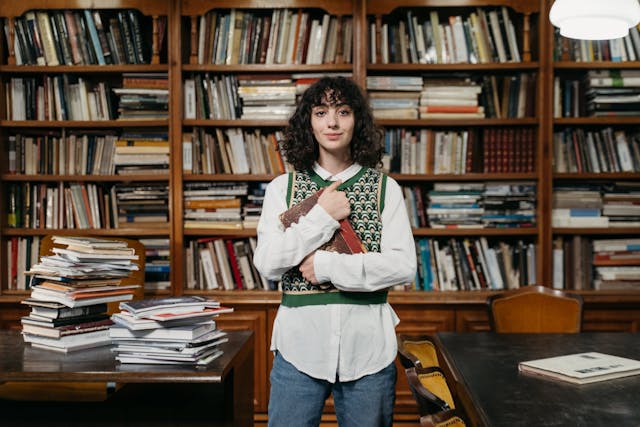Pope Francis has died: the era of the Argentine reformer is over

Ashwin Vaswani, Unsplash
Francis (Jorge Mario Bergoglio), the 266th head of the Roman Catholic Church and the first pontiff from Latin America, has died at the age of 88, as the Vatican officially announced Monday morning. According to Cardinal Kevin Farrell, the Pope died at 7:35 a.m. after "returning to the Father's house."
His death came after a hard struggle with bilateral pneumonia, which he seemed to have recently overcome.
When Francis was elected on 13 March 2013, his perception as an "external candidate" surprised many observers. In defiance of luxury, he refused the papal apartments in the Apostolic Palace, preferring to live in a dormitory at the Holy See, explaining this was necessary for his "psychological health".
His pontificate began amid a crisis of sexual abuse in the Church and acute internal strife in the Roman Curia. Francis received a direct mandate for reform.
Francis became a symbol of renewal, but also a cause of polarisation within the Church. Conservatives criticised him for abandoning canonical traditions, while progressives criticised him for not being decisive enough. But he was the first pontiff to openly advocate for the rights of migrants, the poor and the "invisible", while insisting on interreligious dialogue and climate responsibility.
His pontificate took place in the shadow of his predecessor, Benedict XVI (Joseph Ratzinger), who resigned in 2013. Benedict continued to live in the Vatican until his death in December 2022, creating a unique situation of coexistence between the two "men in white".
By February 2025, Francis has managed to appoint nearly 80 per cent of the cardinals eligible to vote in the Conclave, which greatly increases the chances that his reformist course will continue. Despite strong opposition from traditionalists, he has laid the institutional foundations for the evolution of the Catholic Church.





